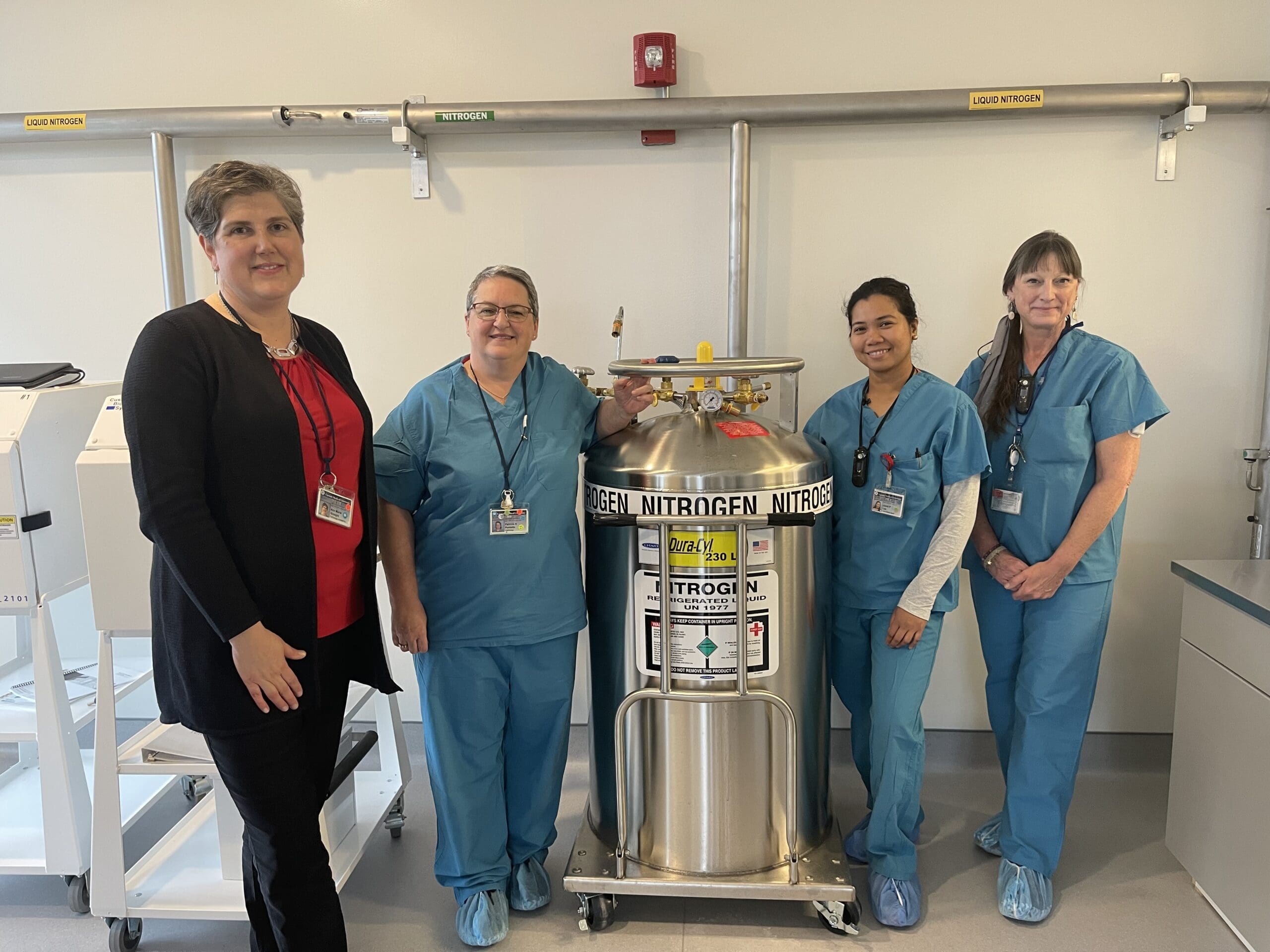When you commit to improving your mental health, it’s not as easy as improving your physical health. You can’t just increase your steps to cure your depression or eat more fruits and vegetables to ease your anxiety (unless your anxiety stems from not getting enough fiber). When you’re already struggling, just taking the first step can seem impossible: where do you start?
It really depends on where you stand. Included here are some suggestions compiled from the National Alliance on Mental Illness (NAMI) and the U.S. Department of Health and Human Services.
If you or someone you know is in immediate danger:
- Call 911 or go to the nearest emergency room.
- Call the National Suicide Prevention Lifeline at 1-800-273-TALK (8255); En Español 1-888-628-9454; TTY 1-800-799-4889. Veterans can call 1-800-273-TALK (8255) and press 1 or text to 838255 for a trained responder.
- Text “HELLO” to the Crisis Line at 741741.
- If you have experienced a natural or human-caused disaster, call the Disaster Distress Helpline at 1-800-985-5990 or text “TalkWithUs” to 66746.
- All of these emergency lines are available 24 hours a day, seven days a week.
- If you see a social media post that concerns you, dial 911 or contact social media outlets directly (https://suicidepreventionlifeline.org/help-someone-else/safety-and-support-on-social-media/ shows you how).
For less immediate referrals, the following options are available:
- Call the SAMHSA Treatment Referral Helpline, 1-877-SAMHSA7 (1-877-726-4727) from 8 a.m. to 8 p.m. Monday through Friday to get general information on mental health and locate treatment services in your area.
- Talk to your doctor. Your primary care practitioner can provide an initial mental health screening and refer you to a mental health specialist.
- Federal agencies can also point you in the right direction: the Health and Human Resources Administration, Centers for Medicare and Medicaid Services, National Library of Medicine and Department of Health and Human Services all offer information about practitioners and coverage.
- Check with your insurance company. They can provide you with a list of covered providers.
- com provides a comprehensive listing of government and nonprofit services throughout Central and Northern New York, grouped by specialty.
- Local colleges, universities or medical schools may offer treatment options, or they can refer you to a provider who can.
- Veterans and their families can contact the Veterans Administration, the U.S. Department of Veterans Affairs, Military OneSource (1-800-342-9647), TRICARE, or the Defense Centers of Excellence for Psychological Health and Traumatic Brain Injury (1-866-966-1020).
- Ask your friends and family for recommendations.
It may take some trial and error before you find the right provider and the right kind of therapy for you. Don’t give up if you don’t click with the first one. For further information, visit mentalhealth.gov or nami.org.





